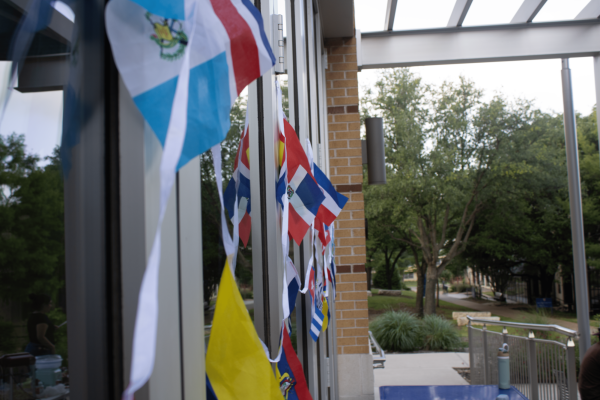Texas Wesleyan University welcomes Dr. Gina Warren
The wind blows in the cool morning air as Dr. Gina Warren hikes up the trail. She takes a moment to wipe the sweat from her brow and then stands there for a moment so that she can savor the moment. She loves the feeling of being out in the open air, of hiking, and the delectable feel of the muscles in her legs protesting but ultimately acquiescing as she pushes herself to travel farther.
Warren’s backpack is a welcome weight on her shoulders – she has been cooped up in classrooms or at her desk for the past two weeks, so she hasn’t had a chance to hike before now. She takes a drink from her water bottles, takes a deep breath, smiles and then continues on her hike.
Warren grew up in California and had been living in Louisiana for the past 5 years before moving to Texas at the beginning of the fall semester.
She received her undergraduate degrees in philosophy and creative writing from Pacific University in Oregon. She has a master’s degree in fine arts with a focus on creative non-fiction writing from the northwest institute of literary arts in Washington.
She received her doctoral degree in English with a concentration in creative writing from University of Louisiana in Lafayette.
Some professors are interested in their new colleague and wonder what kind of surprises she has in store for her students.
“We are so excited to have a new colleague and one with expertise in both creative writing and composition. Dr. Warren’s love for poetry, chickens, food studies, writing and digital humanities are great for student engagement, and I’m excited for upper-level students in all majors to have the opportunity to take her 4000-level creative writing class in Spring 2022,” said Dr. Stacia Campbell, associate professor of the English department.
Warren chose to work at Texas Wesleyan because she prefers small school environments. She loves that students and professors have the opportunity to get to know each other on a personal and professional level.
She teaches four classes: English composition I twice, English composition II, and intro to creative writing.
Some students, like Dysleemar Carrillo, a political science and pre-law major taking Warren’s Intro to creative writing class finds her approach of always being there when her students need her help when they don’t understand an assignment.
“She’s just amazing. She’s one of my favorite professors as of right now. She explains everything and she’s really takes her time. […] I really thought it was gonna be, like, stressed. [It’s] the total opposite. She really explains things and gives the right amount of work, in my opinion. Each thing that she teaches us really helps me to do my work correctly,” said Carrillo. “She’s always there, and she’s always willing to help. I’ve been in the position where I didn’t understand an assignment and I went to her for help, and she extended the deadline. She’s really flexible with that sort of thing.”
Warren has been teaching college-level students for four years. She is thrilled to be back in the classroom now after the last year with the classroom being online due to COVID-19. She prefers working with students face-to-face since it is more personable.
She enjoys finding out what her students likes, and dislikes are when it comes to writing because then she tailors her lesson plans to those preferences to build on their strengths.
She loves writing and she enjoys helping students write stories because she appreciates the moment when a student comes into their story or style of writing.
“I think there’s something really special about the story-telling aspect of writing, and also […] the way that writing requires you to condense information from your life [is] a little bit like making meaning out of chaos,” said Warren.
Aside from creative non-fiction, Warren likes composition-style writing because it pushes the writer to use clear and concise language that will help students to have good communication in their lives and careers.
Warren recently published her own book titled “Hatched: Dispatches from the Backyard Chicken Movement” where she talks about the movement in America for sustainable eating.
“It’s about food politics and the relationships between consumerism and capitalism and a little bit about our shifting environmental views in the United States. It’s all told through the lens of backyard chickens. It was really fun. I loved working on it,” said Warren.









![Pippin, played by Hunter Heart, leads a musical number in the second act of the musical. [Photo courtesy Kris Ikejiri]](https://therambler.org/wp-content/uploads/2025/04/Pippin-Review-1200x800.jpg)
![Harriet and Warren, played by Trinity Chenault and Trent Cole, embrace in a hug [Photo courtesy Lauren Hunt]](https://therambler.org/wp-content/uploads/2025/02/lettersfromthelibrary_01-1200x800.jpg)
![Samantha Barragan celebrates following victory in a bout. [Photo courtesy Tu Pha]](https://therambler.org/wp-content/uploads/2025/05/20250504_164435000_iOS-834x1200.jpg)





![Hunter Heart (center), the play's lead, rehearses a scene alongside other student actors. [Photo courtesy Jacob Sanchez]](https://therambler.org/wp-content/uploads/2025/04/thumbnail_IMG_8412-1200x816.jpg)
![Student actors rehearse for Pippin, Theatre Wesleyan's upcoming musical. [Photo courtesy Jacob Rivera-Sanchez]](https://therambler.org/wp-content/uploads/2025/04/Pippin-Preview-1200x739.jpg)
![[Photo courtesy Brooklyn Rowe]](https://therambler.org/wp-content/uploads/2025/05/CMYK_Shaiza_4227-1080x1200.jpg)

![Lady Rams softball wraps up weekend against Nelson Lions with a victory [6 – 1]](https://therambler.org/wp-content/uploads/2025/04/Screenshot-2025-04-04-100924-1200x647.png)
















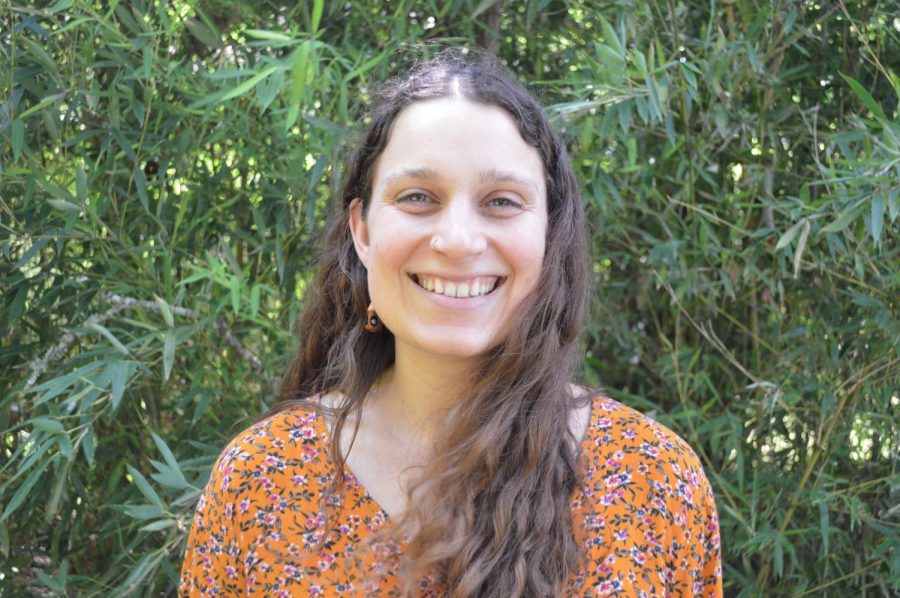
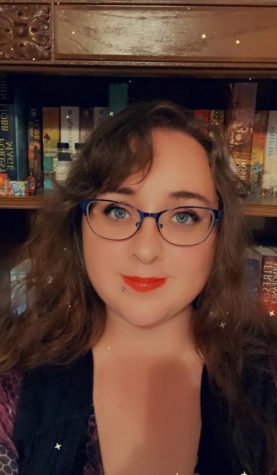
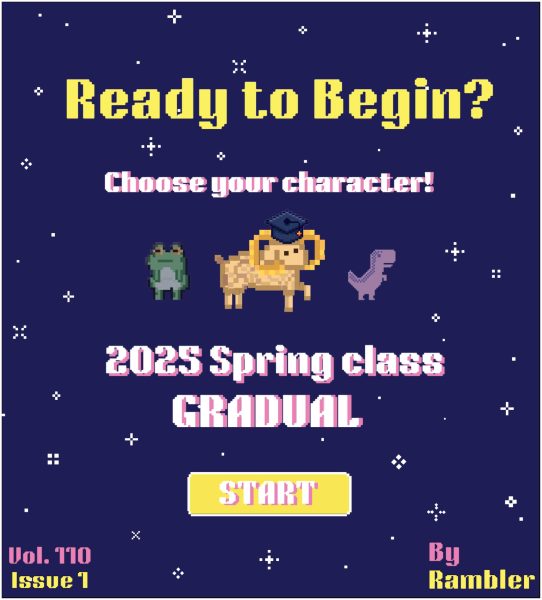
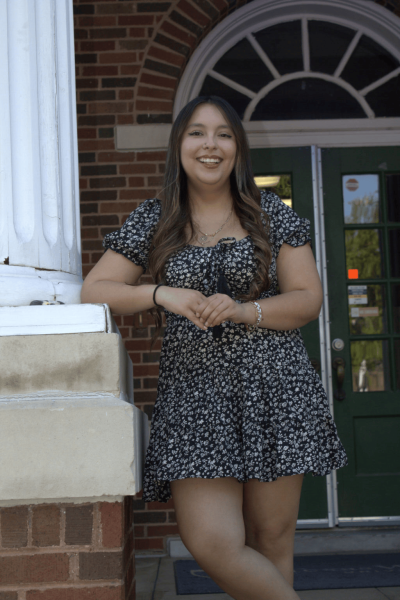
![[Photo courtesy Brooklyn Rowe]](https://therambler.org/wp-content/uploads/2025/05/CMYK_Shaiza_4227-540x600.jpg)
![Samantha Barragan celebrates following victory in a bout. [Photo courtesy Tu Pha]](https://therambler.org/wp-content/uploads/2025/05/20250504_164435000_iOS-417x600.jpg)
